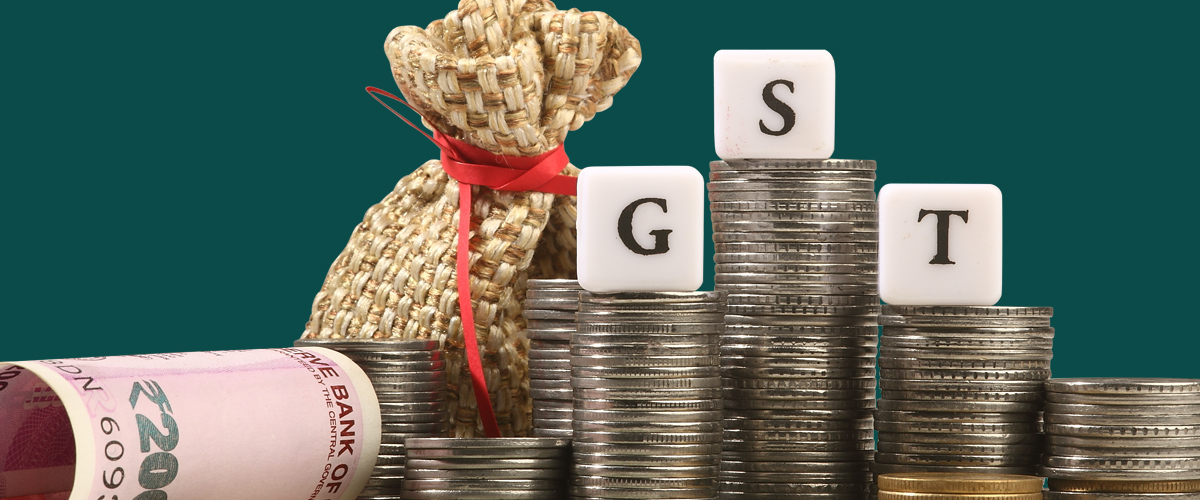-
Personal Loans
- Business Loan
- Gold Loan
-
Credit Cards
- Credit Report
- Login
Products
Personal Loans Business Loan Gold Loan Credit CardsResources
EMI Calculator IFSC Code Blogs FAQs

Products
Personal Loans Business Loan Gold Loan Credit CardsResources
EMI Calculator IFSC Code Blogs FAQsBlogs > What Is The Impact of GST On A Personal Loan?

The One Nation, One Tax, One Market concept of GST has been one of the most remarkable reforms in the tax regime. The aim of simplifying tax structure has impacted every sector of the economy including banking and financial services.
Earlier, the banking and financial sector was found in the slab of 15% service tax. However, with the implementation of GST, this sector has now found itself in the slab of 18%.
Let’s see how Goods and Service Tax will impact the loan sector especially the personal loan segment. Out of all the forms of credit, a personal loan is a popular form due to it being multi-purpose. Moreover, a personal loan majorly does not require collateral unless in certain cases.
The implementation of GST has not made much of difference in the segment of a personal loan. The levying of service tax, that was earlier 15% has now become 18%. This means, there is an increase of 3% in your service tax.
However, it is to be noted that GST is not attracted to EMIs of personal loan, home loan, and auto loan. This is because generally, taxes are not levied on EMIs. However, the one time miscellaneous cost including processing fee, prepayment charges, and more will go up. Since such costs are paid for a service, it will attract service tax, which in turn will add 3%.
Banks generally charge 2%-5% as prepayment charges on the outstanding loan. So, if Rakesh has an outstanding loan of ₹7 lakhs, then the prepayment charges will range between ₹14,000-₹35,000. The service tax at the rate of 15% on the same would have been between ₹2100-₹5250. However, after the implementation of GST, the service tax will come up to ₹2520-₹6300 making an increase of ₹420-₹1050.
Generally, all banks charge 1%-2% of the loan amount plus the service tax. Before the implementation of GST, the service tax was calculated as 15% on the processing fee. However, post-implementation of GST, the service tax calculated will be 18% on the processing fee.
For example, let’s assume Rakesh takes a personal loan of ₹5 lakhs. The processing fee, which ranges between 1%-2% of the loan amount will be between ₹5000-₹10,000. The service tax then calculated would have been ranged between ₹750-₹1500.
However, after implementation of GST, the service tax calculated will be ₹900-₹1800 resulting in an increase of ₹150-₹300.
Even though there is an increase in the cost of acquiring a personal loan, the burden of the increase in cost is not that high on the borrower. Which is why getting an easy personal loan online will always be a popular option for finance.